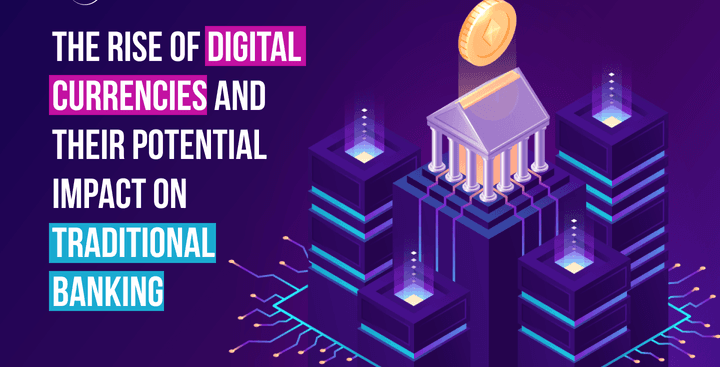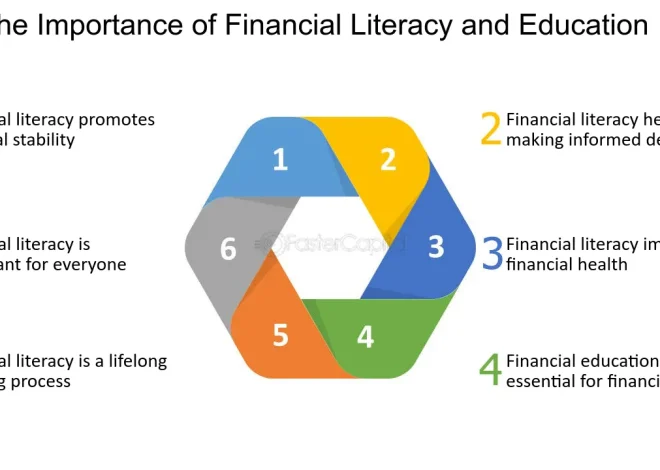
The Rise of Digital Currencies: Transforming the Way We Transact
In recent years, digital currencies have emerged as a disruptive force, challenging traditional notions of money and revolutionizing the way we transact and store value. Led by Bitcoin, Ethereum, and a myriad of alternative cryptocurrencies, the rise of digital currencies has far-reaching implications for individuals, businesses, and economies worldwide.
The Evolution of Digital Currencies
Digital currencies, also known as cryptocurrencies, are decentralized digital assets that utilize cryptographic techniques to secure transactions and control the creation of new units. Bitcoin, introduced in 2009 by an anonymous individual or group known as Satoshi Nakamoto, marked the beginning of the digital currency revolution.
Since then, thousands of alternative cryptocurrencies, or altcoins, have emerged, each with its unique features, use cases, and value propositions. Ethereum, for example, introduced smart contract functionality, enabling developers to create decentralized applications (DApps) and tokenize assets on its blockchain.

Impact on People
The rise of digital currencies has profound implications for people around the world, influencing various aspects of their lives, including:
1. Financial Inclusion:
Digital currencies have the potential to increase financial inclusion by providing access to financial services for the unbanked and underbanked populations. In regions where traditional banking infrastructure is limited, digital currencies offer an alternative means of storing value, transferring funds, and accessing credit.
2. Economic Empowerment:
By democratizing access to financial markets and investment opportunities, digital currencies empower individuals to take control of their financial futures. Cryptocurrencies enable people to invest in assets like Bitcoin and Ethereum, participate in initial coin offerings (ICOs), and engage in decentralized finance (DeFi) platforms without relying on intermediaries like banks or brokers.
3. Cross-Border Transactions:
Digital currencies streamline cross-border transactions by eliminating intermediaries, reducing transaction costs, and accelerating settlement times. Cryptocurrencies like Ripple’s XRP and Stellar Lumens (XLM) are specifically designed for facilitating fast and low-cost international payments, benefiting individuals and businesses engaged in global trade and remittances.
4. Financial Sovereignty:
With digital currencies, individuals have greater control over their financial assets and transactions, free from the constraints of traditional banking systems and government regulations. Cryptocurrencies offer financial sovereignty by enabling users to store their wealth securely in digital wallets and transact pseudonymously without revealing their identities.
5. Challenges and Risks:
Despite their transformative potential, digital currencies also pose challenges and risks for users, including price volatility, security vulnerabilities, regulatory uncertainty, and potential for misuse in illicit activities such as money laundering and terrorism financing. Moreover, the complexity of managing private keys and safeguarding digital assets presents additional challenges for mainstream adoption.
Looking Ahead
As digital currencies continue to gain traction and evolve, their impact on people’s lives will likely become even more pronounced. Innovations in blockchain technology, regulatory developments, and adoption by mainstream financial institutions are shaping the future of digital currencies and paving the way for broader acceptance and integration into everyday life.
Ultimately, the rise of digital currencies represents a paradigm shift in the way we think about money and finance, offering new possibilities for financial inclusion, economic empowerment, and global connectivity. However, realizing the full potential of digital currencies requires addressing associated challenges and risks while fostering responsible innovation and adoption.


